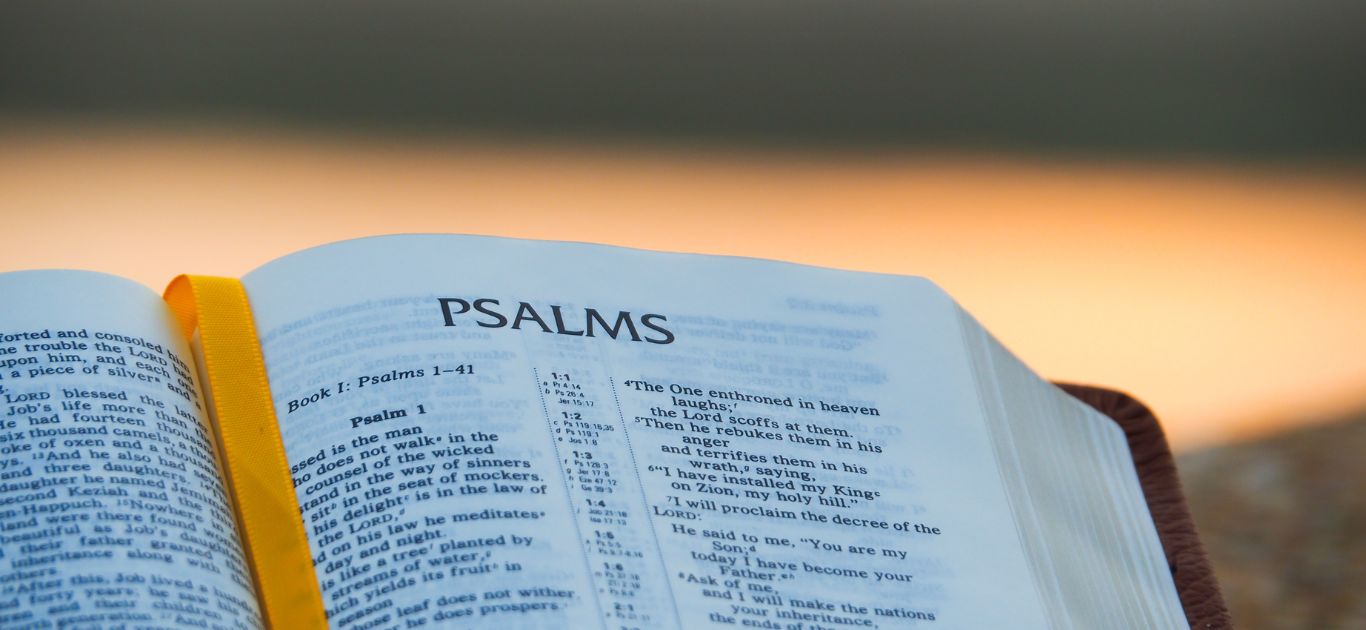
Ever wondered about the rich tapestry of the Book of Psalms? This ancient collection of songs, prayers, and poems has fascinated readers for centuries. Did you know Psalms is the longest book in the Bible? With 150 chapters, it covers a wide range of human emotions, from joy to sorrow. King David is credited with writing many of the Psalms, but he wasn't the only author. Other contributors include Moses, Solomon, and the sons of Korah. Psalms has been a source of comfort and inspiration for countless generations. Whether you're looking for wisdom, solace, or a way to express gratitude, Psalms has something for everyone. Let's dive into 50 intriguing facts about this timeless book.
Historical Background of Psalms
The Book of Psalms, also known as the Psalter, is a collection of religious songs, prayers, and poems found in the Bible. These texts have been cherished for centuries and hold significant historical and spiritual value.
- The Book of Psalms is part of the Hebrew Bible and the Christian Old Testament.
- It consists of 150 individual psalms.
- Psalms were written over a span of about 1,000 years.
- King David is traditionally credited with writing many of the psalms.
- Other authors include Moses, Solomon, and the sons of Korah.
- The Hebrew title for Psalms is "Tehillim," meaning "Praises."
- The Greek translation of Psalms is "Psalmoi," meaning "Songs Sung to a Harp."
- Psalms were used in both public worship and private devotion.
- They were often sung or chanted with musical accompaniment.
- The Dead Sea Scrolls contain some of the oldest known copies of Psalms.
Structure and Themes
Psalms are rich in themes and structured in a way that reflects their use in worship and personal reflection. Each psalm has its unique style and purpose.
- Psalms are divided into five books, mirroring the five books of the Torah.
- Each book ends with a doxology, a short hymn of praises to God.
- Themes include praise, lament, thanksgiving, and wisdom.
- Psalm 23, "The Lord is my shepherd," is one of the most famous.
- Psalm 119 is the longest chapter in the Bible with 176 verses.
- Psalm 117 is the shortest chapter in the Bible with just two verses.
- Acrostic psalms use each letter of the Hebrew alphabet to start a new line or section.
- Many psalms are attributed to specific events in David's life.
- Psalms of Ascent (Psalms 120-134) were sung by pilgrims traveling to Jerusalem.
- Imprecatory psalms call for God's judgment on enemies.
Literary and Musical Elements
The Psalms are not just religious texts; they are also masterpieces of ancient literature and music. Their poetic and musical qualities have inspired countless generations.
- Parallelism is a common literary device in Psalms, where lines reflect or contrast each other.
- Many psalms use metaphors and similes to convey deeper meanings.
- Selah, a term found in many psalms, likely indicates a pause or musical interlude.
- Psalms were originally sung with instruments like the harp, lyre, and cymbals.
- The Psalms have influenced Western music, including classical and contemporary genres.
- Gregorian chants often include psalm texts.
- Psalms are frequently quoted in hymns and worship songs.
- The Book of Psalms has been translated into numerous languages.
- Psalms are used in Jewish, Christian, and Islamic traditions.
- The Psalms have inspired countless works of art, including paintings and sculptures.
Psalms in Modern Culture
Even today, the Psalms continue to resonate with people around the world. Their timeless messages of faith, hope, and love remain relevant.
- Psalms are often read at funerals and memorial services.
- They are used in daily prayers and liturgies in various religious traditions.
- Many people memorize psalms for personal comfort and inspiration.
- Psalm 23 is frequently recited in times of trouble and distress.
- Psalms have been referenced in literature, including works by Shakespeare and Milton.
- Modern musicians, including U2 and Leonard Cohen, have drawn inspiration from Psalms.
- Psalms are quoted in speeches and writings by influential figures like Martin Luther King Jr.
- They are used in therapy and counseling for emotional and spiritual healing.
- Psalms are studied in academic settings for their historical and literary significance.
- The Psalms have been adapted into films and television shows.
Fun and Lesser-Known Facts
Beyond their spiritual and historical significance, the Psalms have some intriguing and lesser-known aspects that add to their richness.
- Psalm 151 is included in some versions of the Bible, though not in the traditional canon.
- The Psalms are divided into verses and chapters, a practice that began in the Middle Ages.
- Some psalms are written in the first person, while others are communal prayers.
- The Psalms have been set to music by composers like Bach and Handel.
- Psalm 22 is often associated with the crucifixion of Jesus in Christian tradition.
- The Psalms have been used in political contexts, including during the Civil Rights Movement.
- Some psalms are written as dialogues between God and the psalmist.
- The Psalms have been a source of inspiration for poets and writers throughout history.
- Psalm 137, "By the rivers of Babylon," has been adapted into popular songs.
- The Psalms continue to be a source of comfort, inspiration, and guidance for millions of people worldwide.
Final Thoughts on Psalms
Psalms, a book rich in history and emotion, offers a unique glimpse into ancient worship and human experience. With its 150 chapters, it covers a wide range of themes like praise, lament, thanksgiving, and wisdom. King David, credited with writing many of these psalms, used them to express his deepest emotions and thoughts. The book's structure, divided into five sections, mirrors the Torah, emphasizing its importance in Jewish and Christian traditions. Psalms have inspired countless hymns, prayers, and literary works over centuries. Whether you're seeking comfort, inspiration, or a deeper understanding of faith, Psalms provides timeless wisdom. Its poetic nature and profound messages continue to resonate with readers today. Dive into this ancient text, and you might find words that speak directly to your heart.
Was this page helpful?
Our commitment to delivering trustworthy and engaging content is at the heart of what we do. Each fact on our site is contributed by real users like you, bringing a wealth of diverse insights and information. To ensure the highest standards of accuracy and reliability, our dedicated editors meticulously review each submission. This process guarantees that the facts we share are not only fascinating but also credible. Trust in our commitment to quality and authenticity as you explore and learn with us.


